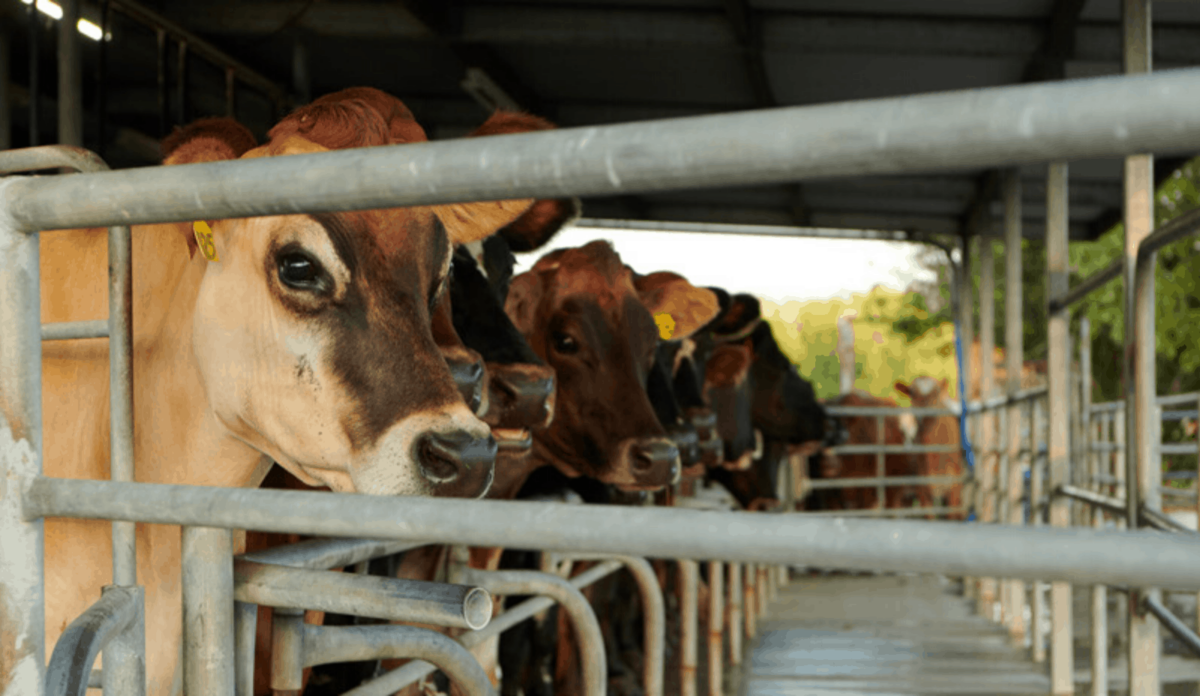These are exciting, but also challenging times for New Zealand agriculture, agri-food and fibre.
At a time when demand and pricing for food is at near record highs, the mood among farmers is subdued. New environmental policies fuel uncertainty at home, alongside fears about the impact from the brinksmanship being played out in the complex world of international trade.
The farmers, growers and crafters of Hawke’s Bay face exactly the same dynamic as the rest of New Zealand. How we respond to the challenges will determine the shape of our future and our ability to capitalise on the incredible opportunity in front of us.
Firstly, it is important to recognise that New Zealand farmers are running some of the most nutrient and carbon efficient businesses in the world of food production. These achievements have been hard earned over many decades, however there is no time for complacency. Others are catching up and claiming to be better than New Zealand in a number of environmental stewardship areas where New Zealand has traditionally led the field.
The stark reality facing all food producers is that consumers have choice, and they are increasingly exercising this right when being asked to pay high prices for quality food.
Receiving higher returns for agri-food has become less about product attributes, and more anchored to the way food is produced, and the values of the people producing it. Concerns about the effect of intensive farming on the environment and in contributing to climate change are raised daily in various forums.
Our challenge here in Hawke’s Bay is to clearly articulate how agri-food can work in partnership with nature and build connections with consumers founded on respect and trust.
So what do farmers and growers need to do in order to secure the future in the face of increasing regulatory pressure and enquiry from discerning consumers? Our relevance will depend on us continuing our world-leading reputation of innovating, and proving that our ability to solve complex problems in food production is well founded.
I would suggest we need to make profound progress in the following areas to make sure we retain our place as the product of choice for the world’s best consumers.
First, work with nature to ensure our farming systems create value while contributing to better environmental outcomes. Validate this through the use of farm plans. Consumers don’t expect perfection, but they want to know you are on a journey to a lower environmental footprint. This is the right thing to do.
Second, improve efficiency in all aspects of production and operations. Ask ourselves if we can do more with less. Innovate to develop new ideas and solve complex problems. Eliminate wastage and become more time-efficient to reduce costs.
Third, reduce our carbon footprint and increase carbon sequestration at every opportunity. Climate change will be the most defining issue of future generations and inaction will not be tolerated. New Zealand must lead in solving difficult challenges for agriculture and agri-food, as leadership in this space will help secure our future.
Fourth, health and safety and care for labour and staff must be top priority. People are your most precious asset and must be treasured. Modern slavery concerns are a consumer hot point at present.
Fifth, be a good community citizen. The success of New Zealand relies on vibrant and well-functioning rural communities. The fabric of our society relies on people helping people and needs reinvigorating.
Incredibly, I don’t believe that progressing each of these areas is hard.
What is difficult, are some unrealistic expectations about the pace of progress expected in each of the areas outlined above. In some areas new tools and technologies will need to be developed and agreed. Consumers want transparency and confidence that even if the destination has not been reached, the journey is well underway.
The good news for us is that in spite of the challenges being served up daily, the quality and integrity of our products remains highly valued. Importantly, the values of New Zealand and the people who reside here resonate strongly with consumers. The internet and social media provides a window through which personal connections are made, values are shared and value is created. The next iteration of our story needs to focus on telling this in a compelling way.
As we look to a future where demand for food is strongly anchored to the way food is produced and the values of the people producing it, New Zealand’s future looks exciting and assured. However we cannot be complacent about increasing consumer demand for food that prioritises ever higher levels of environmental stewardship and care for people and place.
While some continue to challenge the requirement for change, I have complete confidence that the New Zealand agri-food and fibre sector will tackle head-on the challenge being issued by consumers and be able to capitalise on the exciting times ahead.
Mike Petersen is a CHB farmer, former chair of Beef + Lamb NZ, and served over six years as NZ’s Special Agricultural Trade Envoy.

